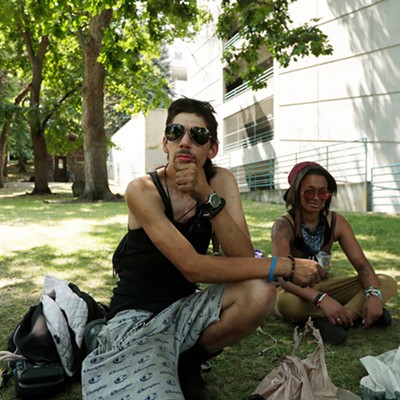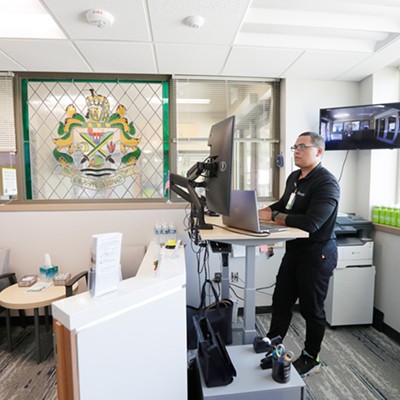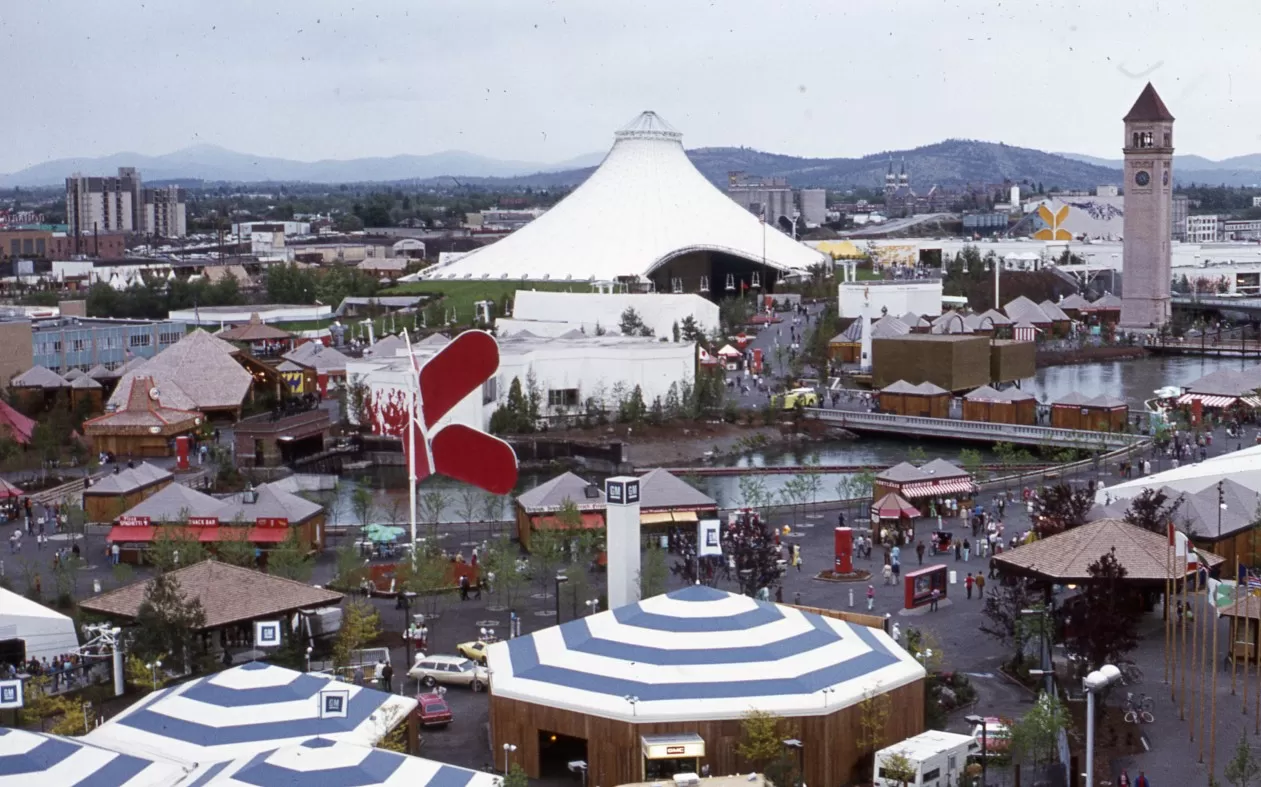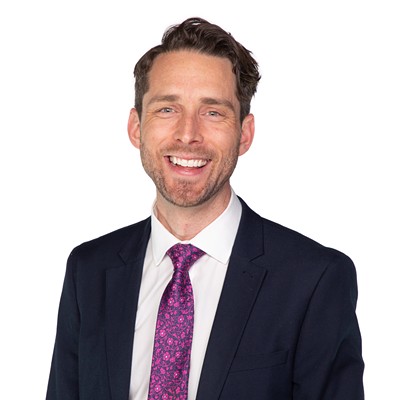Pope Francis endorsed Donald Trump for president. Fox News' Megyn Kelly is a "closet liberal" secretly pulling for Hillary Clinton.
That's a tiny sampling of the supposed news articles circling the internet in this election cycle. Both, of course, are fake. Made up. Complete BS.
In the case of the pope's "endorsement," the article from the fake news site "WTOE 5 News" that spread the story was shared more than 1 million times on Facebook. A Snopes article debunking it for the untrue hogwash it is has been shared only 70,000 or so times.
The existence of fake information presenting itself as legitimate news isn't new, nor unique to the internet. But the ability of people with specific agendas to create and spread such articles without more thought than a quick click is seemingly becoming easier every day.
With the presidential election outcome
The ease with which false information spreads on Facebook has prompted calls for the company to address the problem. The New York Times reported that after the election, Facebook executives gathered to discuss how fake news easily spread on their site could have played a role in influencing the election.
Facebook CEO Mark Zuckerberg weighed in, posting a defense on Facebook that said in part:
"After the election, many people are asking whether fake news contributed to the result, and what our responsibility is to prevent fake news from spreading," Zuckerberg writes.
He goes on to say that "99% of what people see (on Facebook) is authentic. Only a very small amount is fake news and hoaxes," though it's unclear if that number is actually based on measurable statistics. "The hoaxes that do exist are not limited to one partisan view, or even to politics. Overall, this makes it extremely unlikely hoaxes changed the outcome of this election in one direction or the other," he contends.
This comes after backlash the company faced earlier this
But after switching back to an automated system, a story popped up in the Trending Topics feed about Megyn Kelly being fired from Fox News for supporting Hillary Clinton. A story that was completely fake.
Of course, Facebook isn't the only offender. Those who make a profession of debunking outright false and made-up news stories have a never-ending supply of work. A passing look at Twitter, Reddit or any other social media site yields endless examples.
Even the omnipresent Google deserves scrutiny. Early this week, the top Google search result for election results returned a blog claiming — falsely — that Donald Trump was actually leading the popular vote count. The "evidence" cited for that claim was not actual data — it was an unverified Twitter post.
Both Facebook and Google announced this week they were taking steps to restrict fake news publishers from inclusion in their advertising networks. That
It would be unfair to suggest that the likes of Facebook and Google bear all responsibility for spreading fake news. It's even more dubious to claim, without real evidence, that such "news" truly influenced the election.
The reality is that it's one of many problems — trade-offs — of living in a society not only extremely interconnected by easy
But such "news" can only spread, and the creators can only be
The answer: everyone.
We can't expect voters to make informed choices when the information they receive is blatantly false.
The cynical response is the supposed "real news" isn't trustworthy, as journalists in the oft-derided mainstream media have biases and spread outright lies. And to be sure, journalists and news outlets of all sorts have some major soul-searching to do.
But as Joshua Benton, who directs the Nieman Journalism Lab at Harvard University, wrote recently: "If we're going to build a better environment for news, we need to think about these issues in a much bigger context than one election night. And it'll take everyone — journalists, readers, tech companies, and more — to make it happen."
Exactly. Limiting the scourge of fake news is up to us all. Journalists and everyone else would be well advised to take the old journalism adage to heart: If your mother says she loves you, get a second source. ♦
Scott A. Leadingham is director of education for the Society of Professional Journalists and editor of its magazine, Quill. On Twitter: @scottleadingham





















